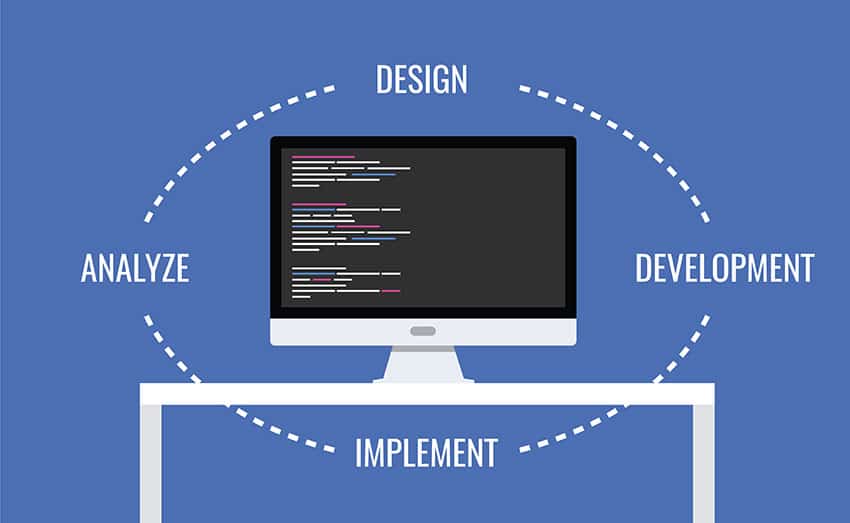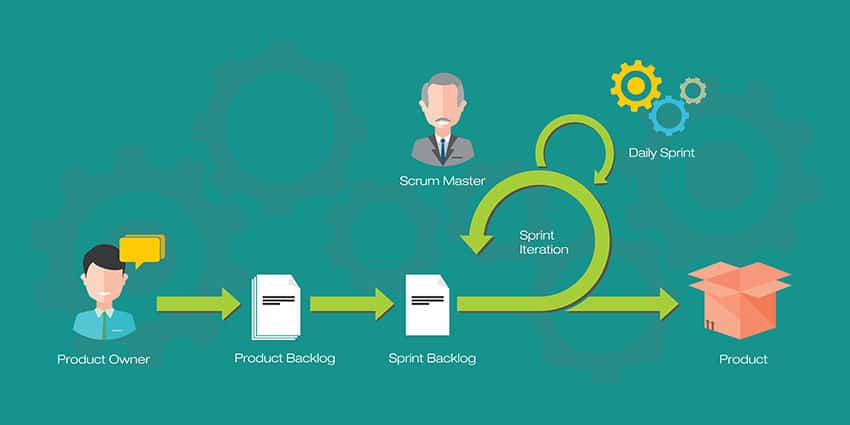Leaders face a number of challenges when managing a team.
Not every employee is a model one — some are assets while some stagnate or even slip into the category of poor performers.
But poor performers don’t deserve to be immediately written off as more trouble than they’re worth. Sometimes a conversation and some constructive feedback is enough to get an employee back on track.
Here are a few steps leaders can take to whip even the poorest performers into shape.
Lead By Example
There are numerous circumstances where poor employee performance traces back to poor management. Don’t fall into the rut where your motto is “do as I say, not as I do,” as that’s often incredibly demotivating for your team.
Even managers with great leadership skills can fall victim to this trap. So, how do you combat this? Inc. notes that if a set of standards or rules are too difficult for you to follow, then it’s probably unreasonable to expect the same from your employees.
And there’s few things that are as frustrating as arbitrary standards. Being consistent with standards and how you measure out rewards and discipline sets up a predictable course of actions for employees.
Get to the Root of the Performance Problem
Have you taken the time to have a serious and frank discussion with the problem performers on your team?
Don’t simply assume that an employee is slacking simply because they lack motivation or the skills/knowledge to perform their tasks. In some cases, they’re set up for failure from the day they walk in the door because of unclear expectations or they lack the tools to perform the job correctly. Some jobs are also poorly designed and even a perfectly competent employee would fail in the position.
So before making a preconceived judgment, take some time to analyze the external factors that could be contributing to the person’s performance issues. Ensure they’re set up for success from the very beginning by providing them with the tools or advice they need to perform their job.
Act As a Coach
For those employees who are truly having trouble, don’t give up on them. Have a conversation and deliver some constructive feedback and actionable insights that could help them improve their performance.
It’s integral to be clear with setting milestones for performance improvement and to act as a coach to help them reach those benchmarks.






